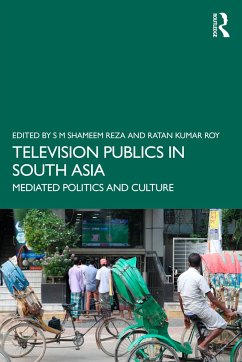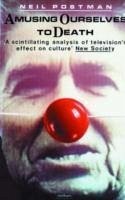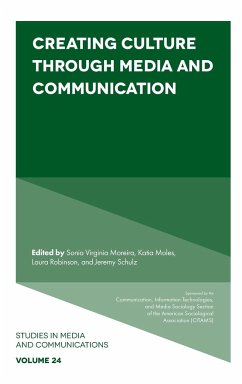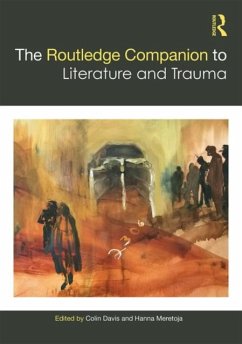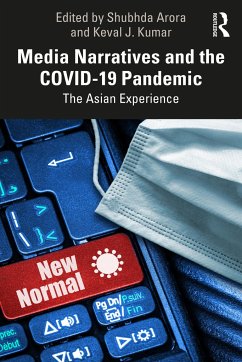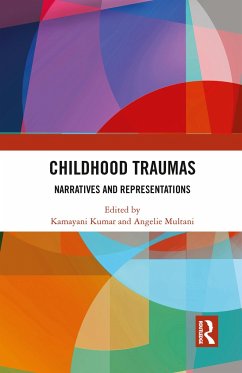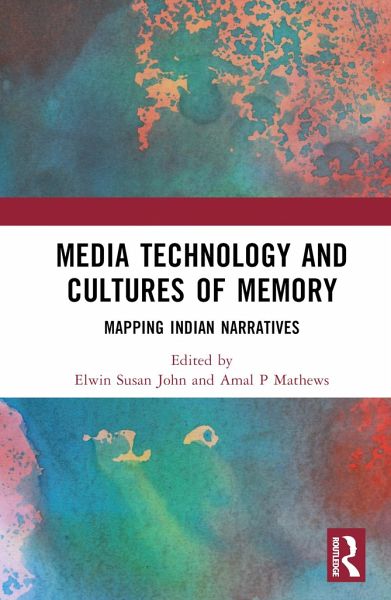
Media Technology and Cultures of Memory
Mapping Indian Narratives
Herausgegeben: John, Elwin Susan; Mathews, Amal P
Versandkostenfrei!
Versandfertig in 6-10 Tagen
154,99 €
inkl. MwSt.
Weitere Ausgaben:

PAYBACK Punkte
77 °P sammeln!
Media Technology and Cultures of Memory studies narrative memories in India through oral, chirographic and digital cultures. It examines oral cultures of memory culled from diverse geographical and cultural landscapes of India and throws light on multiple aspects of remembering and registering the varied cultural tapestry of the country. The book also explores themes such as oral culture and memory markers; memory and its paratextual services; embodied memory practices in the cultural traditions; between myths and monuments; literary and lived experiences; print culture and memory markers; mar...
Media Technology and Cultures of Memory studies narrative memories in India through oral, chirographic and digital cultures. It examines oral cultures of memory culled from diverse geographical and cultural landscapes of India and throws light on multiple aspects of remembering and registering the varied cultural tapestry of the country. The book also explores themes such as oral culture and memory markers; memory and its paratextual services; embodied memory practices in the cultural traditions; between myths and monuments; literary and lived experiences; print culture and memory markers; marginalized memories in hagiographies; displaying memories online; childhood trauma, memory and flashbacks; and the politics of remembering and forgetting.
Rich in case studies from across India, this interdisciplinary book is a must-read for scholars and researchers of cultural studies, sociology, political science, English literature, South Asian studies, social anthropology, social history, and post-colonial studies.
Rich in case studies from across India, this interdisciplinary book is a must-read for scholars and researchers of cultural studies, sociology, political science, English literature, South Asian studies, social anthropology, social history, and post-colonial studies.






